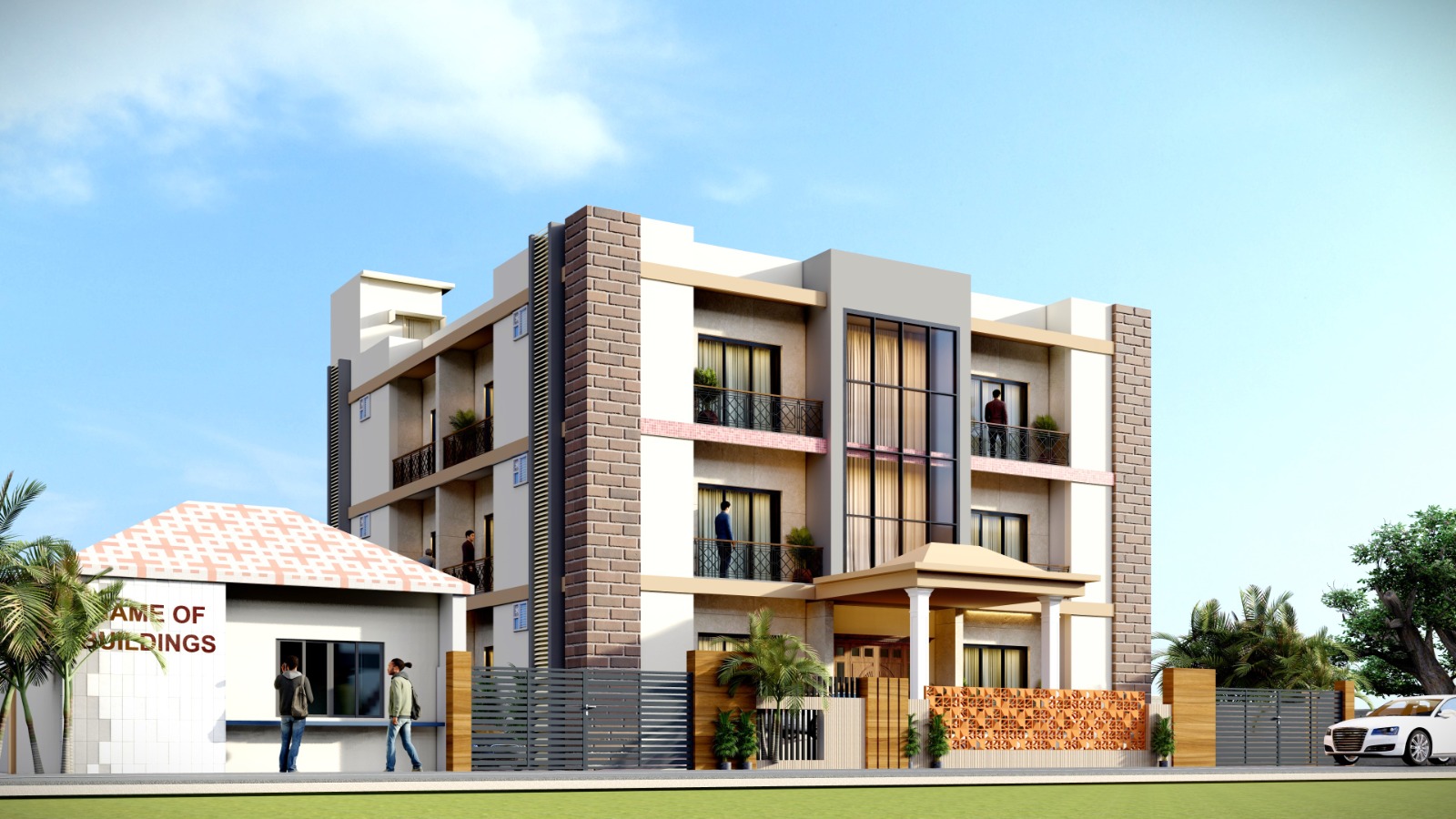The Importance of Sustainable Building Practices in Modern Construction

In today’s rapidly evolving construction industry, sustainable building practices have become more than just a trend—they are a necessity. As the world faces increasing environmental challenges, the construction sector has a critical role to play in reducing carbon footprints, conserving resources, and creating healthier living environments. Sustainable construction not only benefits the planet but also offers long-term economic advantages and enhances the quality of life for building occupants. Here’s why embracing sustainable building practices is crucial in modern construction.
Reducing Environmental Impact
Traditional construction methods have often contributed to environmental degradation, with significant energy consumption, high levels of waste, and the depletion of natural resources. Sustainable building practices, however, focus on minimizing these impacts. By using eco-friendly materials, reducing energy consumption, and implementing waste management strategies, the construction industry can significantly reduce its carbon footprint. Techniques such as energy-efficient design, the use of renewable energy sources, and the adoption of green building materials are essential components of this approach. These practices help preserve the environment for future generations while also meeting current construction needs.
Enhancing Energy Efficiency
One of the primary goals of sustainable construction is to improve energy efficiency. Buildings are among the largest consumers of energy, and inefficient structures can lead to unnecessary energy wastage. Sustainable practices emphasize the design and construction of buildings that require less energy to operate. This includes optimizing natural light, improving insulation, and integrating advanced HVAC systems that use less energy. By reducing energy consumption, these buildings not only lower utility costs for owners and tenants but also contribute to the global effort to combat climate change.
Long-Term Cost Savings
While sustainable construction practices may involve higher upfront costs, they offer substantial long-term savings. Energy-efficient buildings reduce utility bills, and the use of durable, low-maintenance materials can decrease repair and replacement costs over time. Additionally, sustainable buildings often have higher property values and can attract environmentally conscious buyers or tenants, providing a competitive advantage in the real estate market. These economic benefits make sustainable construction a smart financial investment, in addition to being environmentally responsible.
Improving Indoor Air Quality and Health
Sustainable building practices prioritize the health and well-being of occupants. Traditional construction materials and methods can release harmful toxins and pollutants into the indoor environment, leading to poor air quality and potential health risks. Sustainable buildings, on the other hand, use non-toxic, low-emission materials and incorporate ventilation systems that ensure a constant supply of fresh air. This results in a healthier indoor environment, which can improve the comfort and productivity of occupants and reduce the risk of respiratory and other health issues.
Contributing to a Sustainable Future
The construction industry has a significant impact on the planet, and adopting sustainable practices is essential for creating a more sustainable future. By embracing green building standards and certifications, such as LEED (Leadership in Energy and Environmental Design) or BREEAM (Building Research Establishment Environmental Assessment Method), construction companies can demonstrate their commitment to sustainability. These certifications provide a framework for designing, constructing, and operating buildings that meet high environmental and energy efficiency standards.
Promoting Innovation and Leadership
Sustainable construction drives innovation within the industry. As demand for eco-friendly buildings grows, so does the need for new technologies, materials, and construction techniques that can meet sustainability goals. This push for innovation not only advances the construction industry but also sets a new standard for what is possible in building design and performance. Companies that lead in sustainable practices are often seen as pioneers, gaining a reputation for forward-thinking and responsible business practices.
In conclusion, sustainable building practices are essential in modern construction for reducing environmental impact, enhancing energy efficiency, saving costs, improving health, and contributing to a sustainable future. As the industry continues to evolve, the adoption of these practices will become increasingly important, not just for the environment, but also for the long-term success of construction companies and the well-being of the communities they serve. By prioritizing sustainability, the construction industry can help build a better, greener world for future generations.
